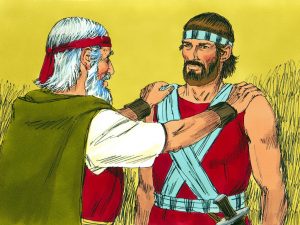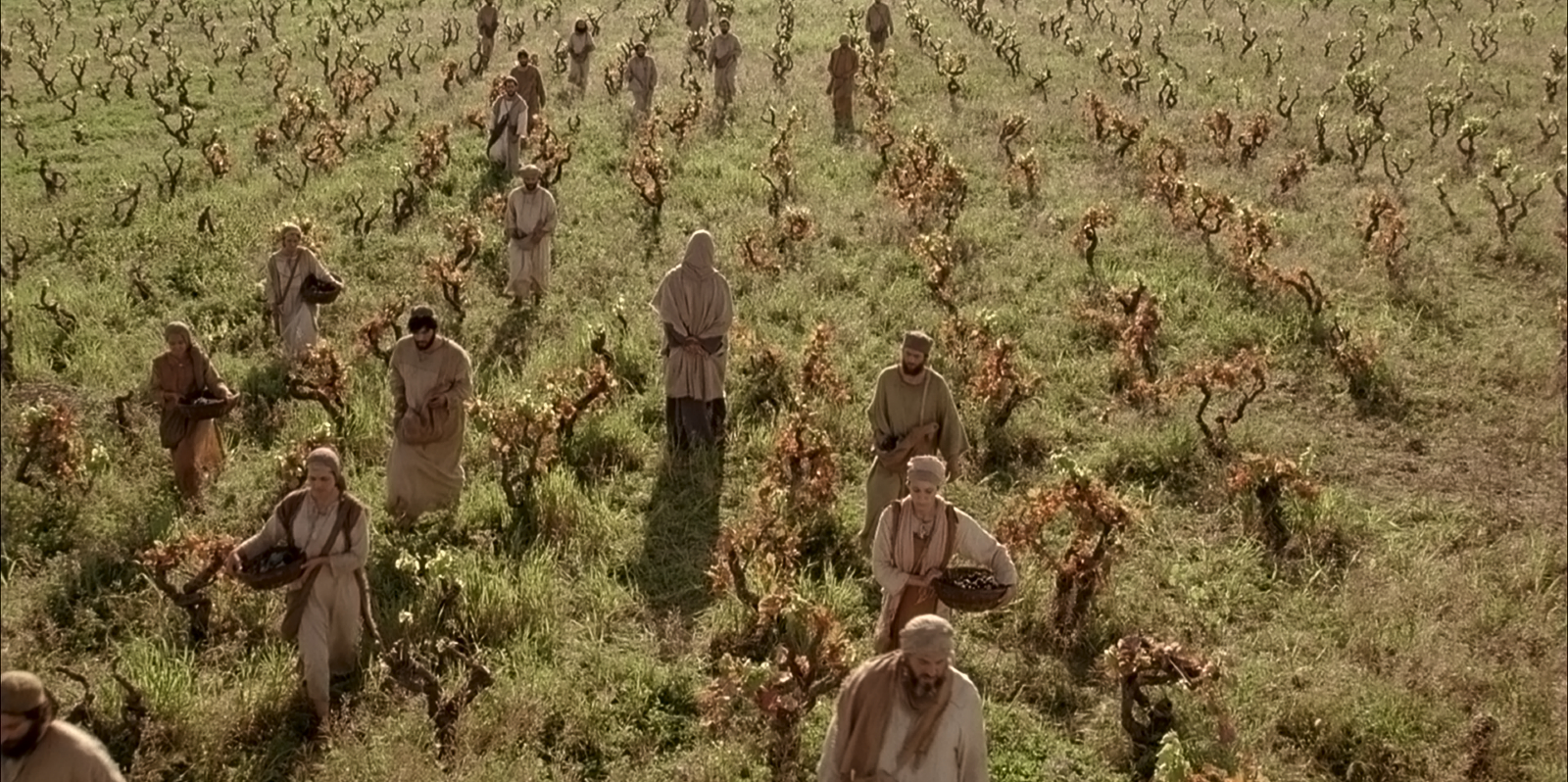I read and read again the 1st reading of this Sunday (26th Sunday of Year B – Nb.11:25-29)
and the first part of the gospel (Mk.9:38-43)
and… I try to read between the lines –
read the words and the meaning that is hidden there.
The two texts are similar and their message is equally so.
What is depicted there is, unfortunately, something still very much part of our landscape in this 21st century.
We see people trying to jealously keep some prerogatives.
People refusing that some good can be performed by ‘outsiders’.
People who try to prevent others to realize something positive as if it were their sole responsibility to do so.
People who want those in authority to side with them and support their attitude.
All this results in separation, segregation, exclusion, under the pretext:
those others are not from among us!
Power, pride, prejudice – all present there in a shameful display!
“If only the whole people of the Lord were prophets,
and the Lord gave his Spirit to them all!”
Moses, the wise leader, has the right answer as he replies to Joshua – an old saying which would serve us well.
If only… we lived according to it.
Note: Another reflection is available on a different theme in French at: https://image-i-nations.com/26e-dimanche-de-lannee-b/
